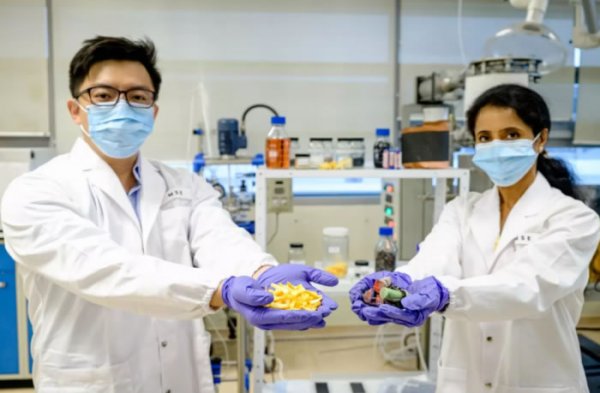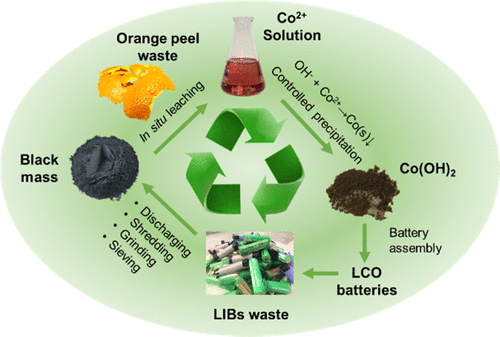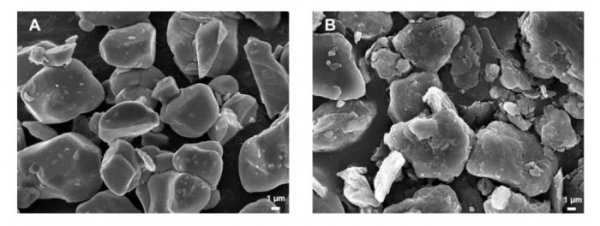According to foreign media New Atlas, a lithium-ion battery cannot be recharged does not mean that it no longer has any value, it still contains useful metals. Now Singaporean scientists have discovered that it can be recycled through a more environmentally friendly technology-the main ingredient is orange peel waste.

Usually, during the smelting process, used lithium batteries are heated to more than 500 ºC, which will cause the contained metal to melt and flow out. Then, these metals are collected and reused. However, this process not only requires a lot of energy, but also produces toxic gases. A possible alternative is to chop and crush the used batteries, and then add acid and hydrogen peroxide while heating the mixture to precipitate metal from it. This technique, which is still being tested, called hydrometallurgy, is more environmentally friendly than smelting. However, on an industrial scale, it may still produce large amounts of pollutants.
Considering this limitation, scientists at Nanyang Technological University in Singapore tried to use orange peel instead of the usual acid and hydrogen peroxide. More specifically, they use oven-dried orange peels, ground them into powder, and combine them with citric acid obtained from citrus fruits. In doing so, researchers can extract about 90% of lithium, cobalt, nickel and manganese from used lithium-ion batteries. This level of efficiency is roughly equivalent to the level previously achieved. However, it is important that when using orange peel, the residue is found to be non-toxic.

"The key lies in the cellulose found in orange peel. During the extraction process, the cellulose is converted into sugars under heating," said associate professor Dalton Tay, one of the leaders of the study. "These sugars can increase the recovery rate of metals in battery waste. The naturally occurring antioxidants found in orange peels, such as flavonoids and phenolic acids, may also contribute to this enhancement."

The researchers used recycled metal in the new lithium-ion battery, which has a charging capacity similar to commercially available models. Further testing is now underway to see if the new battery can last a considerable number of charge and discharge cycles.
The paper on this research was co-led by Professor Madhavi Srinivasan and was recently published in the journal Environmental Science and Technology.
Expanded Ptfe Tubes,Ptfe Thread Seal Tape,Ptfe Tape For Pipe Fitting,Joint Sealant Expanded Ptfe
Cixi Congfeng Fluorine Plastic Co.,Ltd , https://www.cfptfeseal.com